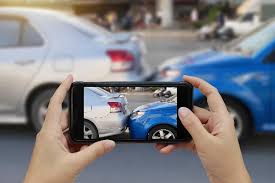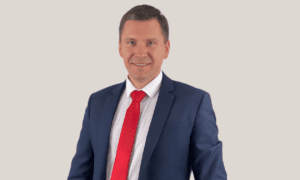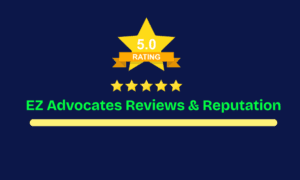Car accidents often turn into a game of “he said, she said.” One driver claims they had the green light, the other insists they did too. Insurance companies may twist details to minimize payouts, and without clear evidence, proving fault can feel impossible. That’s where witness statements come into play.
In Oregon, witness testimony can be one of the most powerful tools for building a solid car accident claim. Let’s dive into why they matter, how to gather them, and how they can make or break your case.
Why Witness Statements Matter in Oregon Car Accident Cases
When an accident happens, the drivers involved usually have opposing stories. A neutral witness someone who saw the crash but isn’t directly involved — adds credibility. Unlike drivers, witnesses don’t have a financial stake in the outcome, making their accounts highly valuable in court or settlement talks.
Witnesses can:
- Confirm traffic signals, signs, or right-of-way issues.
- Describe the speed and behavior of drivers.
- Support or contradict what the drivers say.
- Provide details overlooked in police reports.
In short, a reliable witness can shift the balance in your favor when fault is disputed
Types of Witnesses That Strengthen a Claim
Not all witnesses carry the same weight. Here are the most common types in Oregon accident cases:
- Eyewitnesses – Bystanders, pedestrians, or other drivers who saw the crash unfold.
- Passenger Witnesses – Passengers in either vehicle can testify, though their credibility may be questioned due to bias.
- Expert Witnesses – Accident reconstruction specialists, medical experts, or engineers who provide technical explanations.
- First Responders – Police officers or EMTs who arrived at the scene and made professional observations.
Each plays a role, but unbiased third-party eyewitnesses are often the most persuasive.
How Witness Statements Are Collected
If you’re able, gathering witness information at the scene is crucial. Here’s what to do right after the crash:
- Ask for names, phone numbers, and addresses.
- Request a brief description of what they saw.
- Encourage them to wait for the police to give an official statement.
- Take notes or record their comments on your phone if possible.
Later, your lawyer can follow up for a more detailed, written, or recorded statement.
The Role of Witnesses in Police Reports
In Oregon, police reports often include witness accounts. While reports themselves may not always be admissible in court, witness details inside them are gold for follow-up. Insurance companies and lawyers regularly use these reports as a starting point for deeper investigation.
What Makes a Strong Witness Statement?
Not every witness account is equal. A strong statement is:
- Consistent – No contradictions between what’s said now and later.
- Specific – Details about time, direction, signals, and behavior.
- Objective – Free from personal bias or emotional exaggeration.
- Timely – Given soon after the crash, before memories fade.
Vague or shifting accounts can weaken rather than strengthen your case.
Common Challenges with Witness Testimony
Witness statements can be challenged by insurance companies or defense lawyers. They may argue that:
- The witness was too far away to see clearly.
- Their view was blocked (by another car, a building, or poor weather).
- Their memory changed over time.
- They were distracted when the accident occurred.
That’s why having legal guidance is critical. An experienced car accident attorney in Oregon knows how to validate credible witnesses and defend their testimony against scrutiny.
Witness Statements and Insurance Companies
Insurance adjusters often look for reasons to reduce or deny claims. A strong witness statement can counter their attempts. For example, if the at-fault driver says you were speeding, but a witness testifies you were driving carefully within the limit, it can flip the narrative in your favor.
Still, insurance companies may try to twist witness statements or misrepresent what was said. Having the right lawyer ensures those statements are presented accurately and strategically.
How Lawyers Use Witness Testimony
A skilled attorney doesn’t just gather witness statements; they know how to maximize their impact. Here’s how:
- Subpoenaing witnesses for depositions or trial.
- Using expert witnesses to support technical details.
- Cross-examining opposing witnesses to find contradictions.
- Presenting statements in a way juries and judges understand.
The difference between winning and losing often comes down to how testimony is handled in court.
Why Acting Quickly Is Important
Time can blur memories. The sooner witnesses are identified and interviewed, the stronger their statements will be. If you wait too long, they may forget key details or be impossible to track down.
This is why working with the best accident lawyer in Oregon as early as possible is a smart move. They’ll secure testimony before it’s lost.
Final Thoughts
In the chaos after a crash, witness statements can bring clarity. They provide an unbiased account of what really happened, helping you prove fault and secure fair compensation. But witnesses are only as useful as the way their statements are gathered, protected, and presented.
If you’ve been involved in an accident in Oregon, don’t leave your case up to chance. A trusted attorney can turn witness statements into powerful evidence that tips the scales in your favor.































